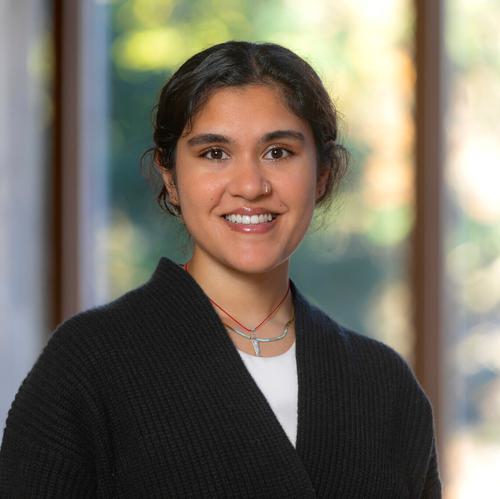
Vinitha Gadiraju
Assistant Professor of Computer Science
I am an interdisciplinary researcher who studies the design of accessible, assistive, and inclusive technologies.
My research centers on building collaborative, equitable tools for people with disabilities, particularly in the context of learning and education. I have also started to research large language models and how generative artificial intelligence can represent and be designed by people from historically marginalized groups. I am passionate about collaborating with users from these groups to empower them in technology development. I approach my work through prototyping and qualitative research methods, including ethnography, co-design, user evaluation, interviews, and diary studies.
I am teaching introductory programming, human-computer interaction, and plan to develop courses on accessibility and in-depth qualitative methodology and participatory design in computer science. I believe in teaching computer and information science through an ethical, socio-political lens that encourages students to analyze the broader impact of technology creation and aim for net social good by creating equitable tools.
Outside of my job, I hope to support students in the Boston-area computer science community through growth and networking opportunities. I also aim to connect with and support multicultural groups on campus, particularly students from first and second generation immigrant backgrounds!
I enjoy reading fiction, trying new restaurants, hiking, thrifting, and doing silly little arts and crafts.
Education
- B.S., University of Oregon
- Ph.D., University of Colorado at Boulder